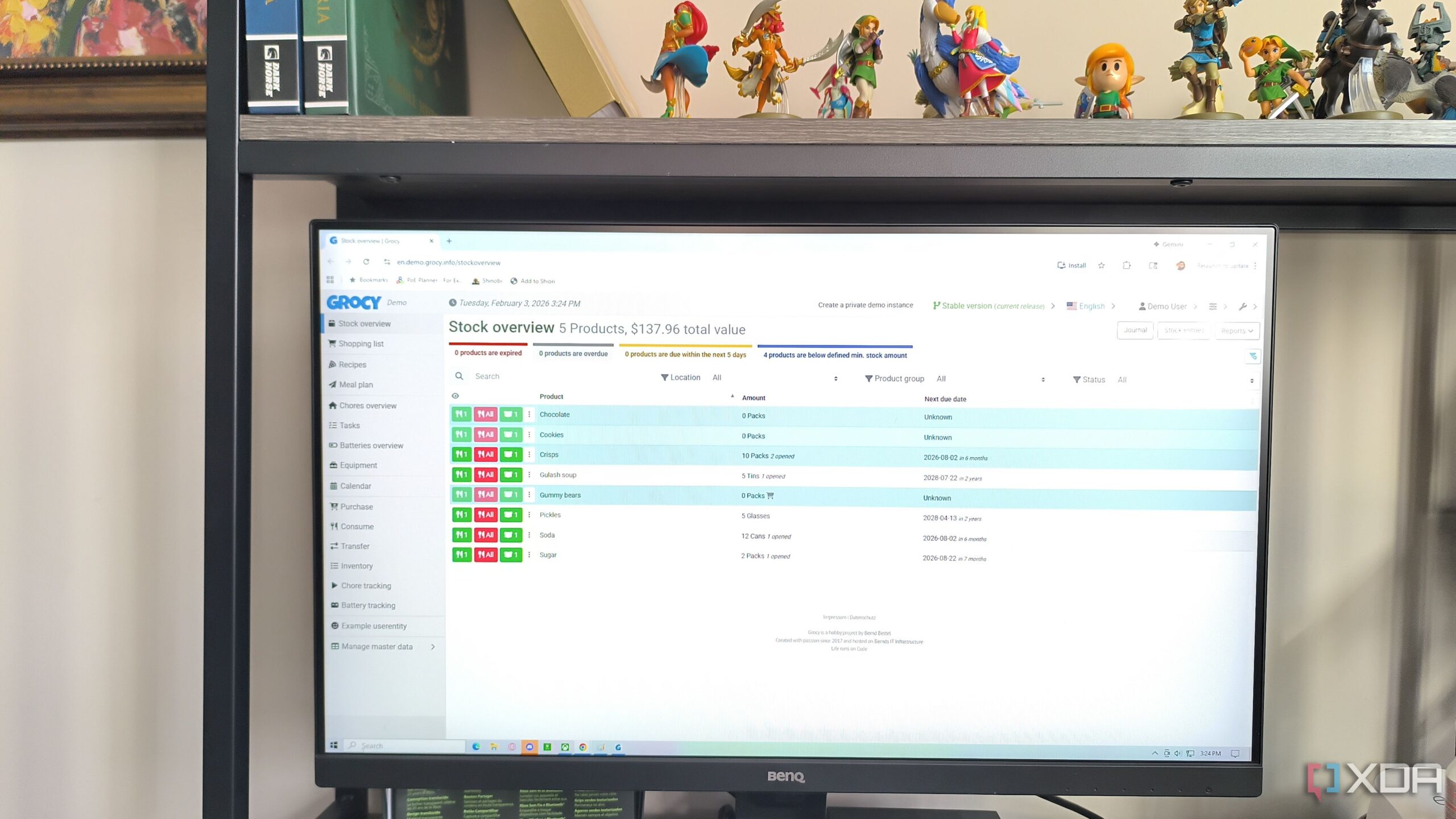
Former President Donald Trump has dismissed the head of the Bureau of Labor Statistics (BLS), Erika McEntarfer, following the release of employment data that he deemed unfavorable. This decision raises significant concerns about the credibility and independence of critical labor statistics at a time when accurate economic data is essential for businesses and policymakers.
On July 7, 2023, Trump announced McEntarfer’s termination via social media, asserting that the latest employment figures were “RIGGED” to portray Republicans and himself negatively. His allegations suggest that the BLS manipulated the data to present a bleaker labor market than reality. Despite these claims, Trump has not provided any substantial evidence to support his assertion.
The BLS is vital for maintaining a clear understanding of the U.S. economy, which is the largest in the world. According to Aaron Sojourner, a labor economist at the W. E. Upjohn Institute for Employment Research, “Credible statistics and agency independence go hand in hand. Attacking independence damages the credibility of the statistics.” The reliability of federal labor statistics is crucial, especially as the nation grapples with the economic implications of Trump’s tariffs and social spending cuts.
The latest BLS report revealed revisions to previous employment figures for May and June, which were deemed historically large but not unprecedented. Stephan Miran, a senior economist at the White House, acknowledged that while the revisions were not favorable, they could be attributed to seasonal adjustments in the data. This reflects a standard practice within economic reporting, as updates are based on more comprehensive payroll surveys submitted by employers.
Trump’s action to dismiss McEntarfer has been criticized by various economic experts. Jason Furman, a Harvard economist, remarked that the decision resembles actions one might expect from less stable regimes rather than from a leading democratic nation. He emphasized the importance of BLS’s role, stating, “This is even more senseless than his other threats to fire officials like Jerome Powell, the chairman of the Federal Reserve.”
The BLS employs approximately 2,000 personnel who are responsible for conducting surveys and compiling labor market data. Their work is essential to provide an accurate reflection of the economy without political bias. The bureau’s commitment to factual reporting is so foundational that it has included a well-known quip in its official materials: “If you ask a staffer at BLS whether a glass of water is half full or half empty, they’ll tell you ‘it’s an eight-ounce glass containing four ounces of water.’”
Despite the severity of the situation, Wall Street has not reacted dramatically to McEntarfer’s dismissal. Experts suggest that the established processes within the BLS make it difficult for any single leader to alter data significantly. However, the message her removal sends to other civil servants may be concerning. As noted by political analysts, the incident could prompt a chilling effect on the independence of data collection and reporting, potentially leading to further manipulation of economic statistics in the future.
As the economic landscape continues to shift, the need for reliable and unbiased labor data is more crucial than ever. Policymakers and business leaders rely on this information to make informed decisions that impact the broader economy. The integrity of such institutions is paramount for maintaining confidence in data-driven governance.







